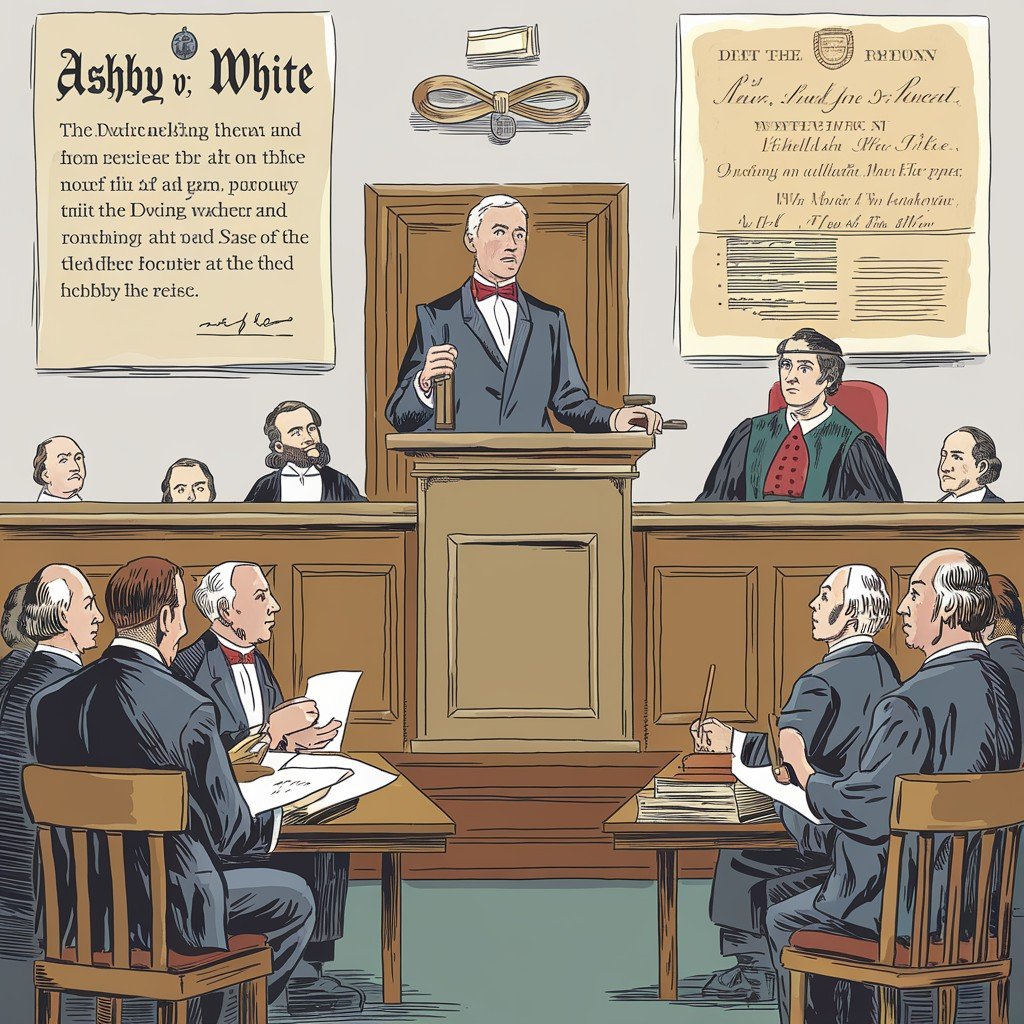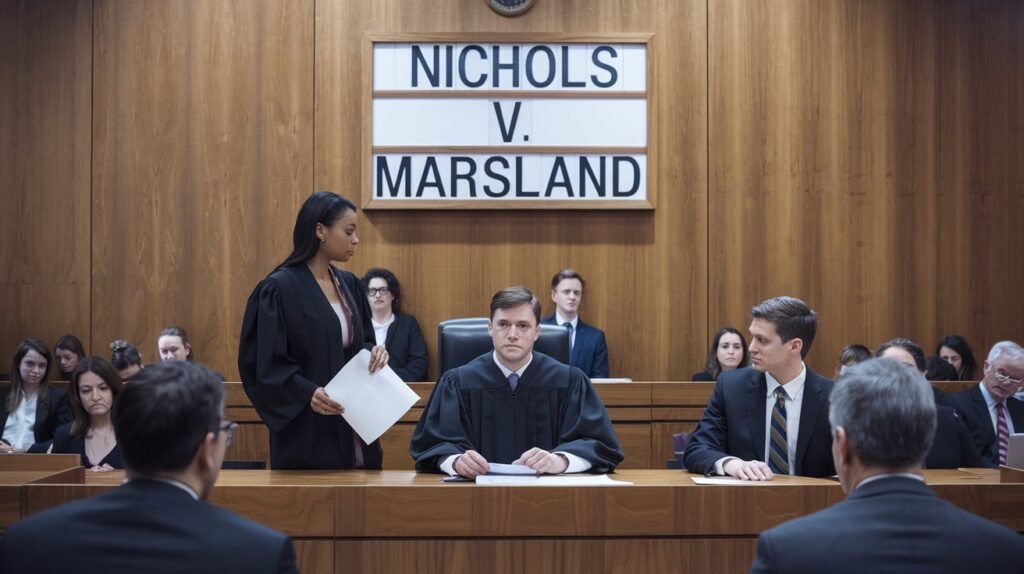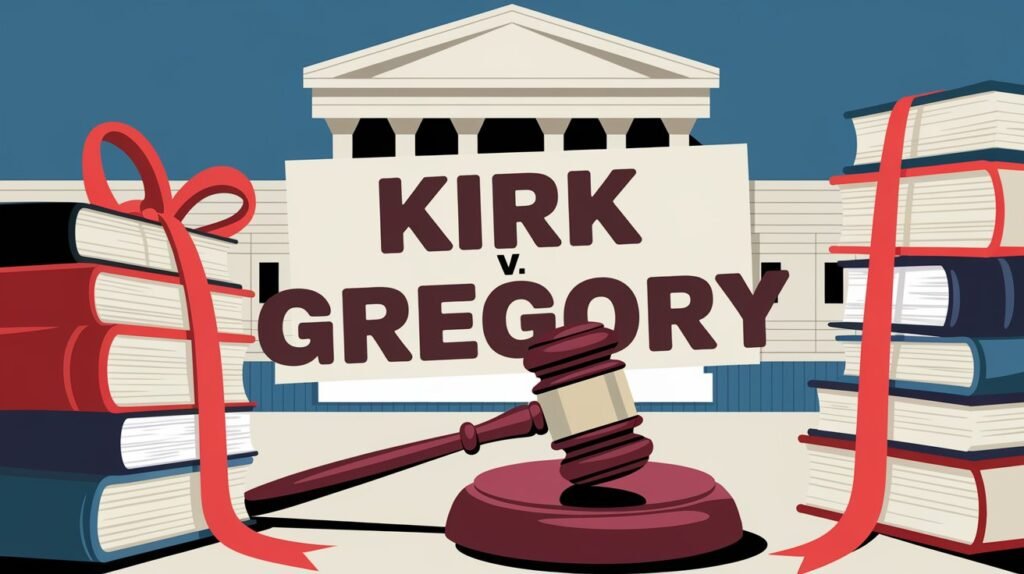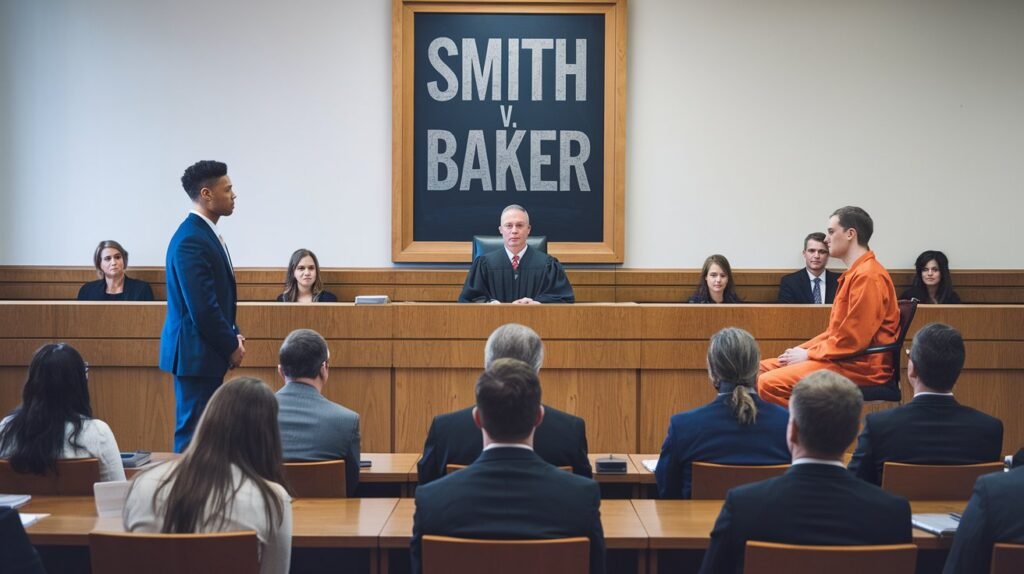Ashby V. White 1703(Case Summary)

In this historic case, the English court addressed the pivotal question of whether an individual’s right to vote could form the basis of an actionable claim for damages, thereby establishing the principle that even minor violations of fundamental rights warrant legal remedies. This case also established the doctrine of injuria sine damnum, affirming that the violation of a legal right itself is actionable, even if no actual loss or damage is suffered by the plaintiff.
Table of Contents
ToggleFacts of Ashby v White
- Ashby, a qualified voter, attempted to cast his vote in a parliamentary election.
- White, the returning officer, wrongfully refused to record Ashby’s vote despite his eligibility.
- The election outcome was not affected by the refusal of Ashby’s vote.
- Ashby sought damages for the wrongful denial of his voting right.
Issues framed
- Whether the wrongful denial of the right to vote gives rise to an actionable claim in tort?
- Whether an individual claims damages for a personal injury to a right, even if there is no measurable harm to the election result?
Subordinate Court Judgment
The lower court initially dismissed the case, holding that Ashby’s claim was insubstantial as the election result remained unaffected.
Judgment of Ashby v White
The case primarily revolved around the principles of tort law and the protection of individual rights under English common law.
The court emphasized the importance of protecting fundamental rights, such as voting, even when no tangible damage results. It underscored that the wrongful denial of a lawful right constitutes an injury warranting compensation.
The House of Lords overturned the subordinate court’s decision and ruled in favor of Ashby. It was held that the wrongful refusal to allow Ashby to vote infringed upon his legal right, entitling him to damages.





